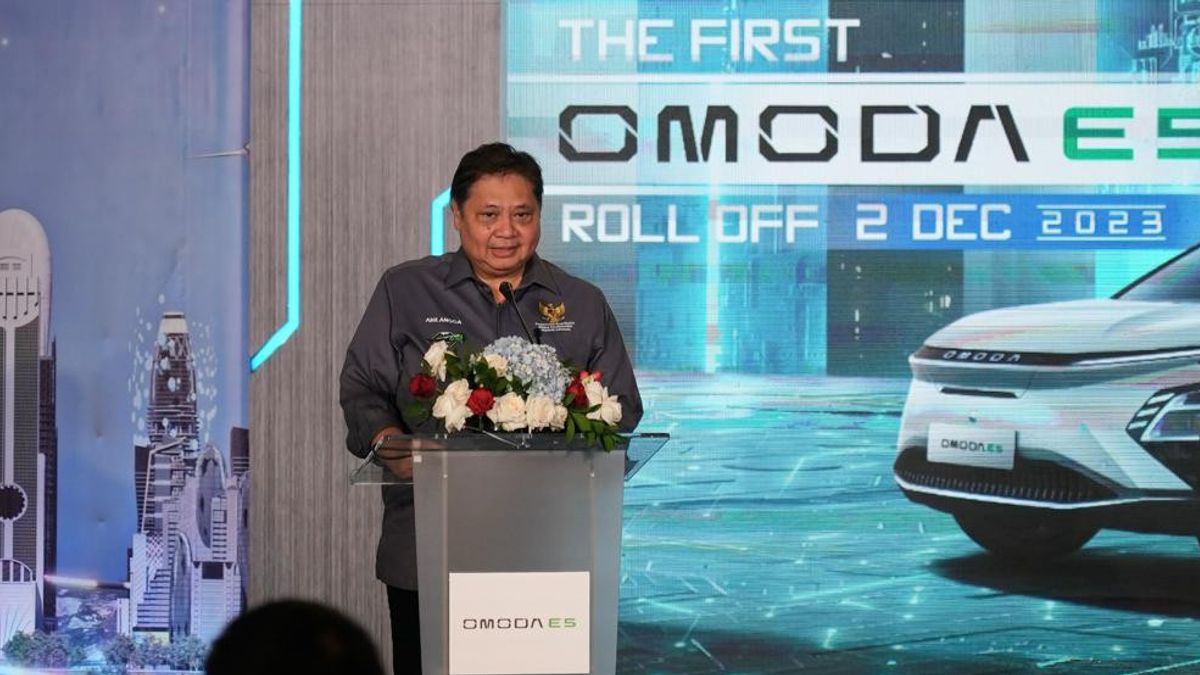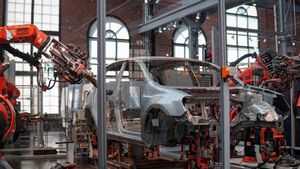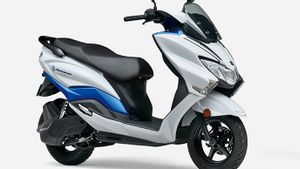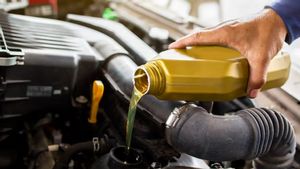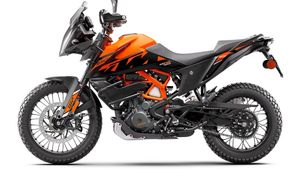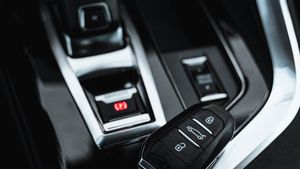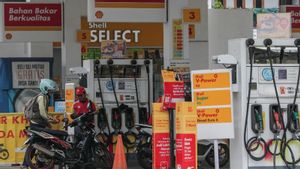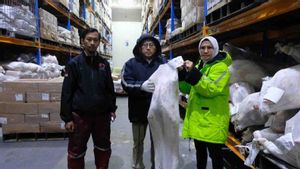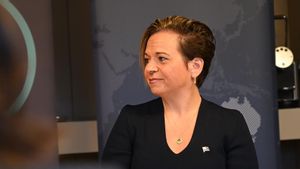JAKARTA - The automotive industry is one of the largest contributors to Indonesia's economic growth. Currently, the strength of the automotive industry in Indonesia is at least supported by 26 four-wheeled motor vehicle industry companies with a total production capacity of 2.35 million units per year.
The automotive industry has also absorbed 38 thousand direct workers, and more than 1.5 million people who work along the automotive supply chain from tier 1 to 3.
Reporting from Gaikindo data, sales of four or more wheeled motorized vehicles for domestic use in October 2023 were recorded at 80,270 units and cumulatively from January to October 2023 reached 836,048 units.
On the side of the export performance of the automotive sector, the cumulative number of cars exported for the period January to October 2023 was recorded at 426,381 units, an increase of about 10.9 percent compared to the same period last year which was 384,592 units.
The development of the Indonesian Battery-Based Electric Motor Vehicle (KBLBB) industry is currently gaining good momentum because it is supported by the condition of Indonesia, which is the largest producer of nickel metal mineral materials in the world. This material is widely used in the electric vehicle production ecosystem as raw material for electric vehicle batteries," said Coordinating Minister for the Economy Airlangga Hartarto in his official statement, Sunday, December 3.
Regarding efforts to accelerate EV production in Indonesia, Airlangga appreciated the commitment of PT Chery Motor Indonesia and PT Handal Indonesia Motor which will realize EV production in Indonesia.
Meanwhile, this contribution will be useful in the development of the automotive industry which is transforming towards the era of electrification and environmentally friendly ecosystems.
In addition, Airlangga also expressed his hope that with the start of the inaugural production of the Omoda 5 EV car, it will be able to diversify the types of electric cars in Indonesia and provide a more alternative choice for consumers.
I also hope that Chery Indonesia will consider the production of electric cars in Indonesia as an export base, including for the Vietnam, Philippine and Australian markets. Because the EV and battery ecosystems are complete here, Indonesia is quite efficient as an EV producer for the global market. Therefore, we are waiting for the launch of its products, and further investment is also awaited by the Government," said Airlangga.
The development of electric vehicles in Indonesia will be even more massive in the future as investment flows from electric vehicle manufacturers. Until the beginning of the fourth quarter of 2023, domestic sales of electric cars were recorded at 11,916 units.
SEE ALSO:
Based on an ERIA study, the potential benefits obtained by Indonesia in 2040 through the savings of fuel imports with the implementation of electric cars/BEVs can reach 15 billion US dollars and electric motorcycles 10 billion US dollars.
In addition, Indonesia has also explored the potential for hydrogen fuel cells as part of efforts to promote sustainable and clean energy solutions without emissions.
Several incentives have been issued by the Government to accelerate the implementation of KBLBB in Indonesia, including incentives for assistance for new two-wheeled KBLBB and conversions worth IDR 7 million.
Then the VAT-DTP incentive for cars and electric buses with a minimum TKDN value of 40 percent will be given a VAT incentive of 10 percent for electric cars and for electric buses with TKDN more than 20 percent-40 percent given a VAT incentive of 5 percent.
"With products that already use local content reaching 40 percent, we hope that Chery will be able to penetrate the market faster by facilitating fiscals from the Government," Airlangga concluded.
The English, Chinese, Japanese, Arabic, and French versions are automatically generated by the AI. So there may still be inaccuracies in translating, please always see Indonesian as our main language. (system supported by DigitalSiber.id)
